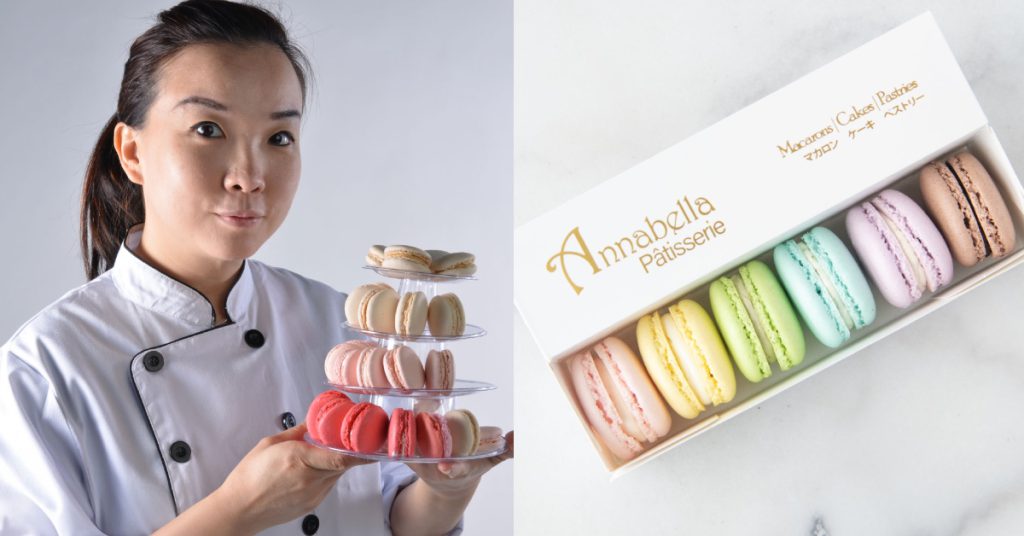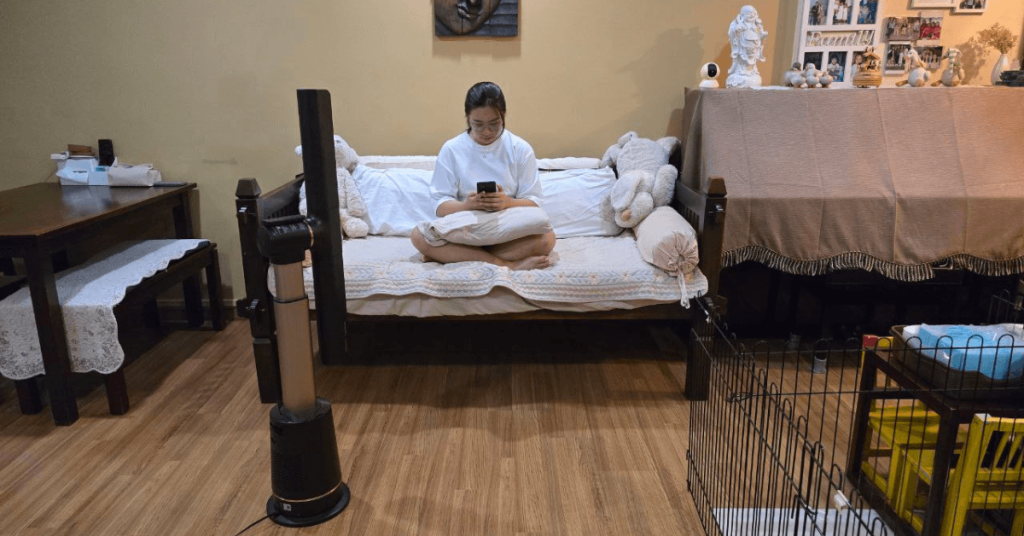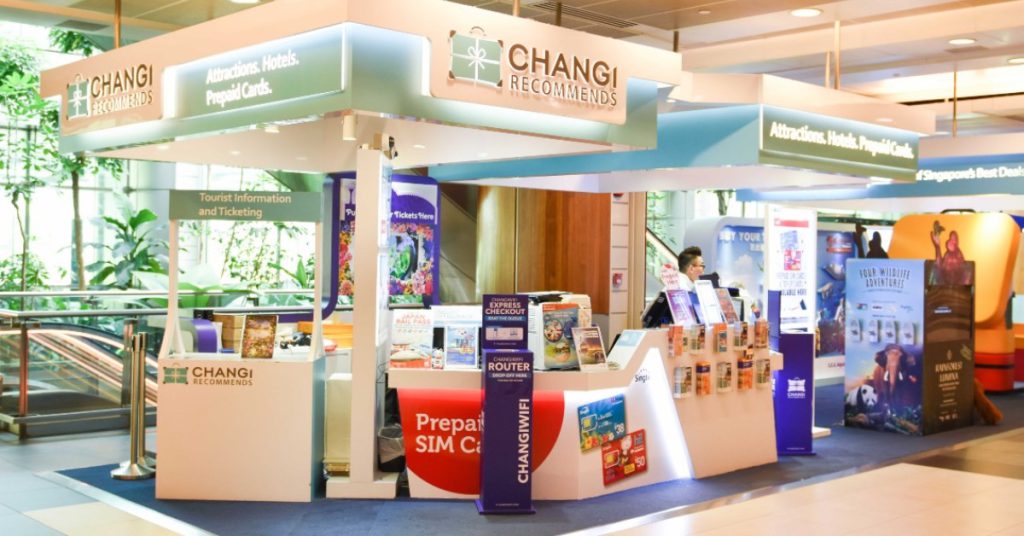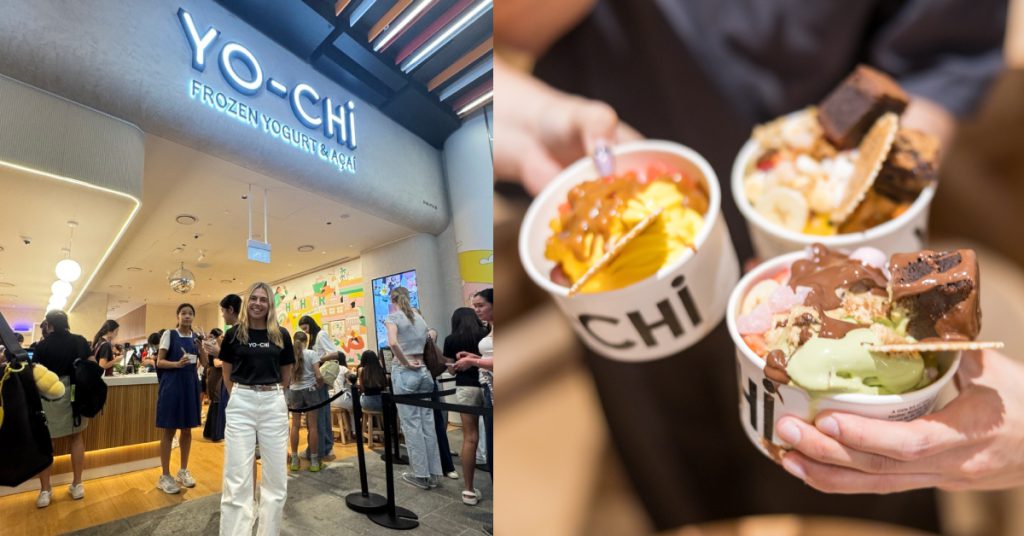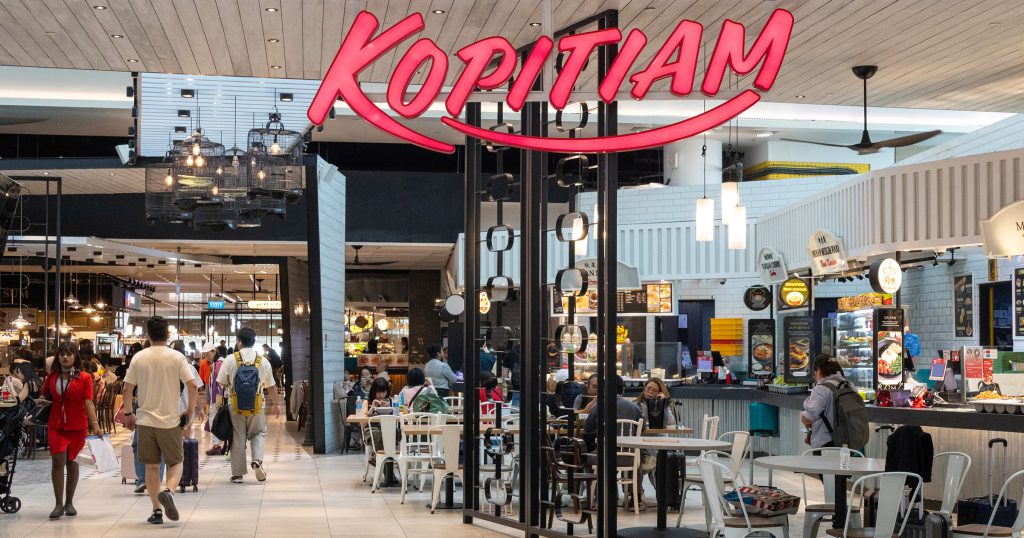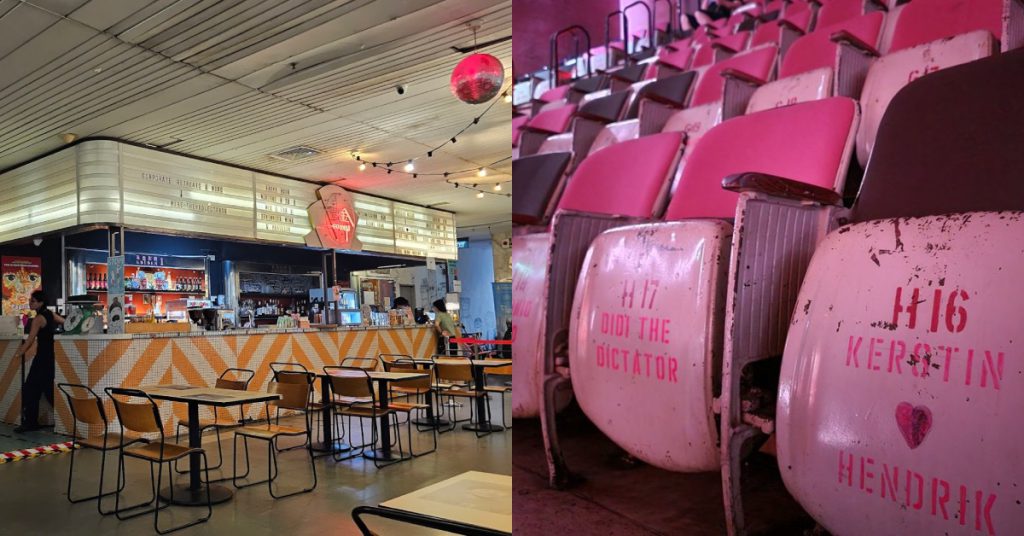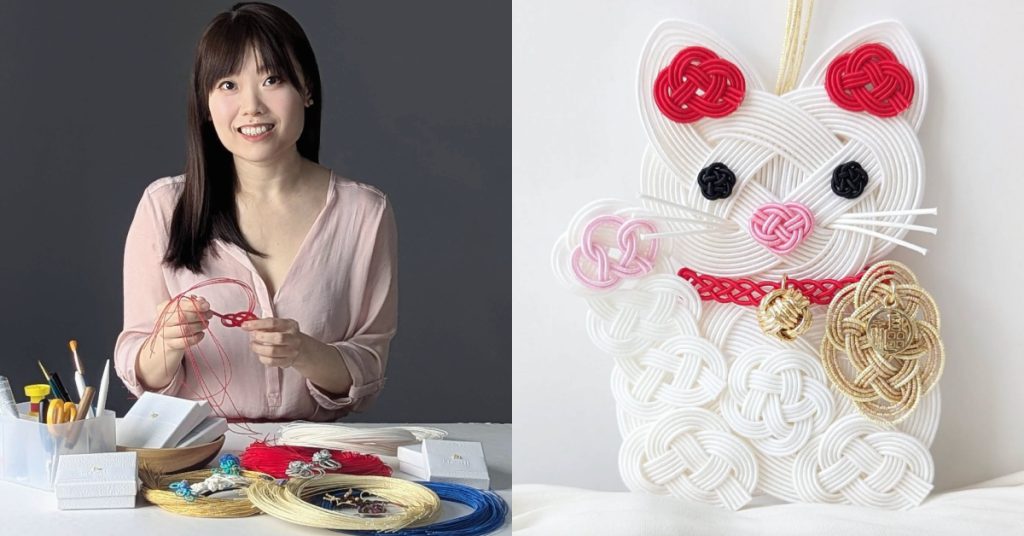Annabella Sonwelly once crunched numbers in a bank. Today, she calculates meringue ratios and perfects macaronage techniques.
It all started back in 2008, during a trip to Paris, when she stumbled upon Laduree—the high-end French patisserie renowned for its signature double-shell macarons.
The brand’s exquisite flavours enchanted her so much that it sparked a determination to recreate them.
Hence, Annabella visited over 50 patisseries across Japan and Paris, tasting, experimenting, and refining her techniques with one goal in mind: to master the art of macarons.
After a process that took over 100 tries and five years of her time, she took the leap—quitting her five-digit salary banking job and investing S$200,000 to start Annabella Patisserie in 2014 with her husband Andy Lau.
Together, the couple has claimed to have grown the brand to become Singapore’s “largest macaron manufacturer,” making revenues in the millions—the business has brought in over S$9 million in 2024.
It started from a four-room HDB flat

Annabella first started baking out of her four-room HDB flat, before moving to a shared kitchen and eventually upgrading to a small, bedroom-sized space of their own.
In the business’s early days, its biggest challenges were managing rental costs, hiring staff, and scaling up baking capacity.
“There were times when our freezer was completely empty with nothing to sell,” she recalled—those were “very painful experiences” and “costly to the business’s operations.”
Setbacks aside, however, Annabella managed to recoup her initial investment all within the span of one year.
The business has also scaled significantly over the years—in total, their operating space spans a massive 12,000 sqft, with an additional 8,000 sqft being added in 2025 as part of its growth plans. Now, Annabella Patisserie boasts a production capacity of up to 20,000 macarons per day.
The brand has also ventured into the retail space, with two outlets at Compass One and Causeway Point, and three more slated to launch by the end of the year.
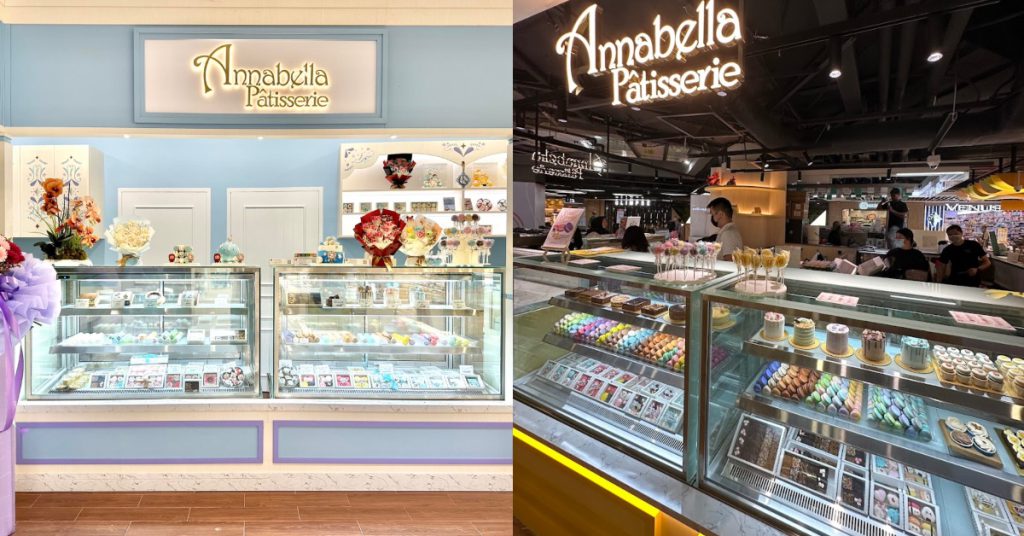
When Vulcan Post first spoke to Annabella Patisserie in 2017, it had just begun securing long-term partnerships with restaurants and five-star hotels, supplying macarons directly to these establishments.
Today, while the brand sees “strong demand” from both its B2B and B2C segments, B2B remains their “primary growth driver”—particularly in Singapore, where it supplies to “90% of all five-star hotels,” as well as airline catering and theme parks.
It has also “strengthened its presence” in the corporate gifting space and has seen strong demand, particularly during festive seasons such as Hari Raya. In March 2020, the company received MUIS halal certification, allowing it to cater Halal-certified gift sets to over 1,000 corporate clients and government ministries.
That said, Annabella still views B2C as a rapidly growing segment, particularly through e-commerce and direct-to-consumer channels.
The main challenge, she noted, lies in customer acquisition costs, which is why the company is also currently focused on optimising its digital marketing efforts to achieve a sustainable return on ad spend.
Reducing dependence on a single market
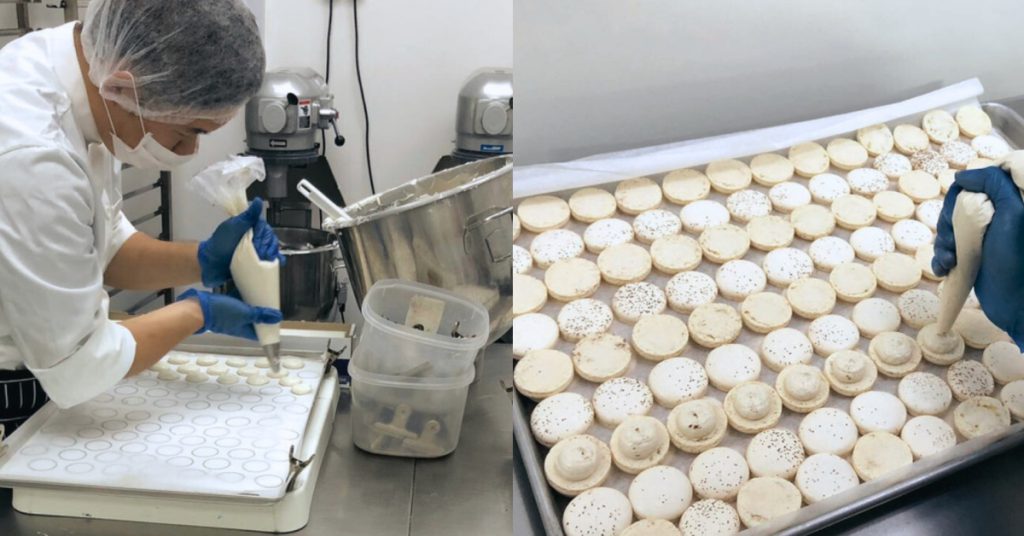
When the business first started out, Annabella focused on product development and quality control, while her husband, Andy, managed the financial and operational aspects of the business.
With a larger team handling various functions now, the couple continues to oversee their original roles, but have since doubled down on strategic growth and innovation.
To achieve scale and long-term growth, the husband-and-wife duo has realised that they would need to look beyond Singapore’s borders.
While Singapore is a great testbed for innovation, its market size is limited. The demand for high-quality, Halal-certified pastries is strong in many international markets… [and] expansion also allows us to diversify revenue streams and reduce dependence on a single market.
Annabella Sonwelly

Hence, the brand launched its first overseas kitchen in Jakarta, Indonesia, sometime around Q4 of 2023.
As the business has gained steady traction since then, Annabella Patisserie is building its retail presence in the city and is currently in talks with partners to roll out a franchise model across Indonesia. On the B2B front, it has also begun supplying to more than 10 five-star hotels in Jakarta.
Apart from Jakarta, Annabella added that the company is “in the process” of setting up a Special Purpose Vehicle (SPV) in Singapore to drive its expansion into China, where it plans to establish a food factory, retail stores and franchise networks across the country.
But why expand through an SPV—and why China?
“The SPV provides a structured way to attract investors and allocate capital specifically for our China expansion,” she explained. “It allows us to separate financial risks from our main entity while providing transparency to potential investors.”
And as for China, the rationale is clear: The country, according to Annabella, presents “enormous opportunities” due to its vast consumer base, growing demand for premium food, and an increasing appetite for international brands.
The bakery and dessert market there is expanding rapidly, and with the right strategy—local production, retail expansion, and franchising—we aim to scale quickly.
Annabella Sonwelly
Balancing quality & growth

But not everything has been smooth sailing. “One of our biggest challenges has been to manage growth while maintaining quality and service excellence,” shared Annabella.
To ensure that brand standards are consistently upheld, the company—certified under ISO 22000—has implemented stringent quality control protocols and equipped its production facility with advanced control systems. Regular product testing and customer feedback reviews also further help these efforts.
In addition, the business has also had to navigate fluctuating raw material costs and labour shortages, brought on by the evolving economic landscape.
To overcome these challenges, it has intensified its efforts on automation, securing reliable suppliers, and diversifying Annabella Patisserie’s sales channels, including building a strong digital presence.
Moving forward, the company is looking to expand its production capabilities, while also introducing new product lines under various brands.
This includes Oat Bars—a healthier oat-based snack offering functional benefits, such as collagen for beauty, protein for muscle building, and slimming ingredients.
Although the product was initially set for an earlier launch, it was delayed due to the overwhelming demand for Annabella Patisserie’s products.
“The product will debut in Singapore this year, before expanding into the U.S. via Amazon Fulfilment,” shared Annabella.
- Find out more about Annabella Patisserie here.
- Read other articles we’ve written on Singaporean startups here.
Featured Image Credit: Annabella Patisserie


